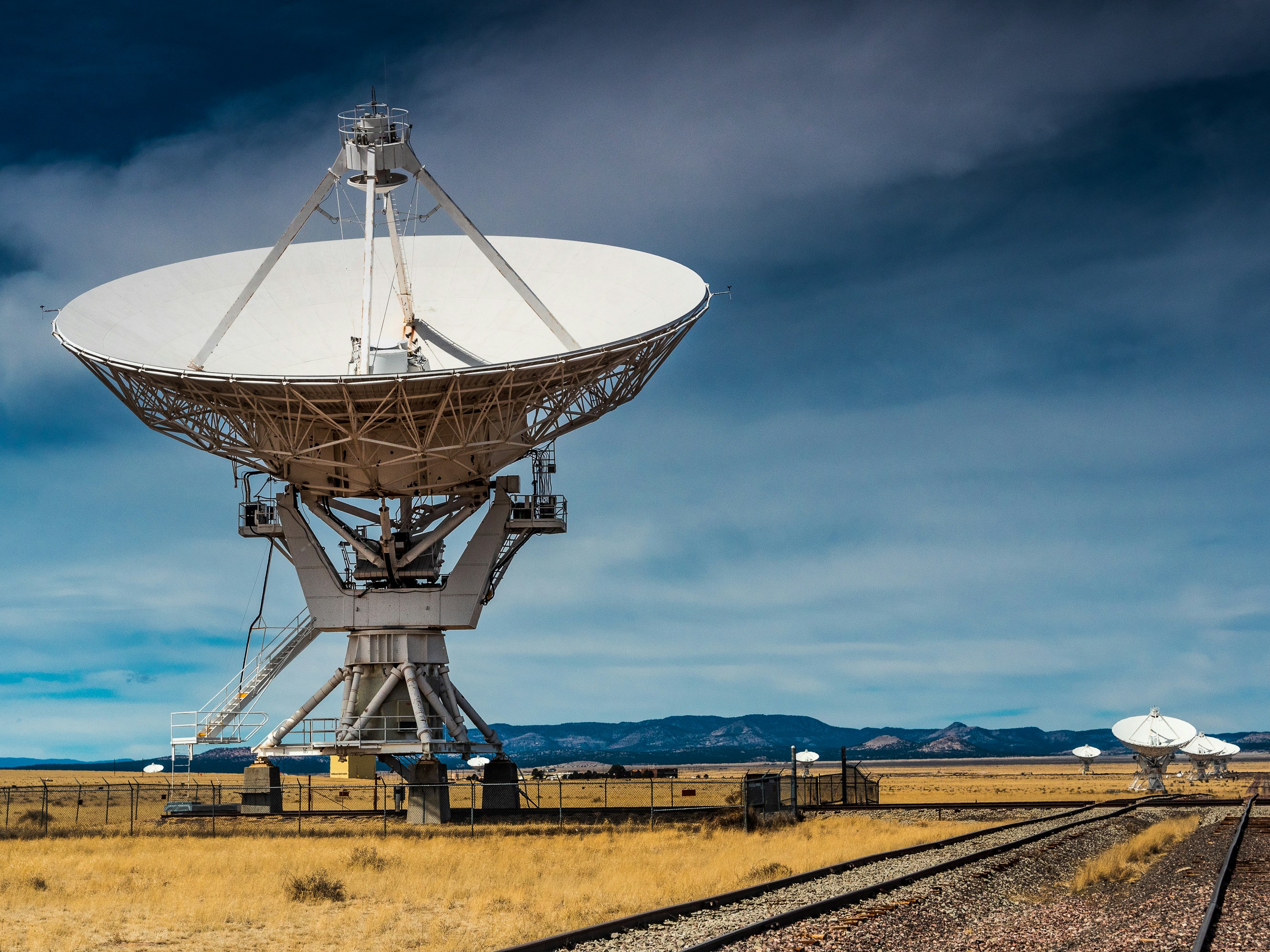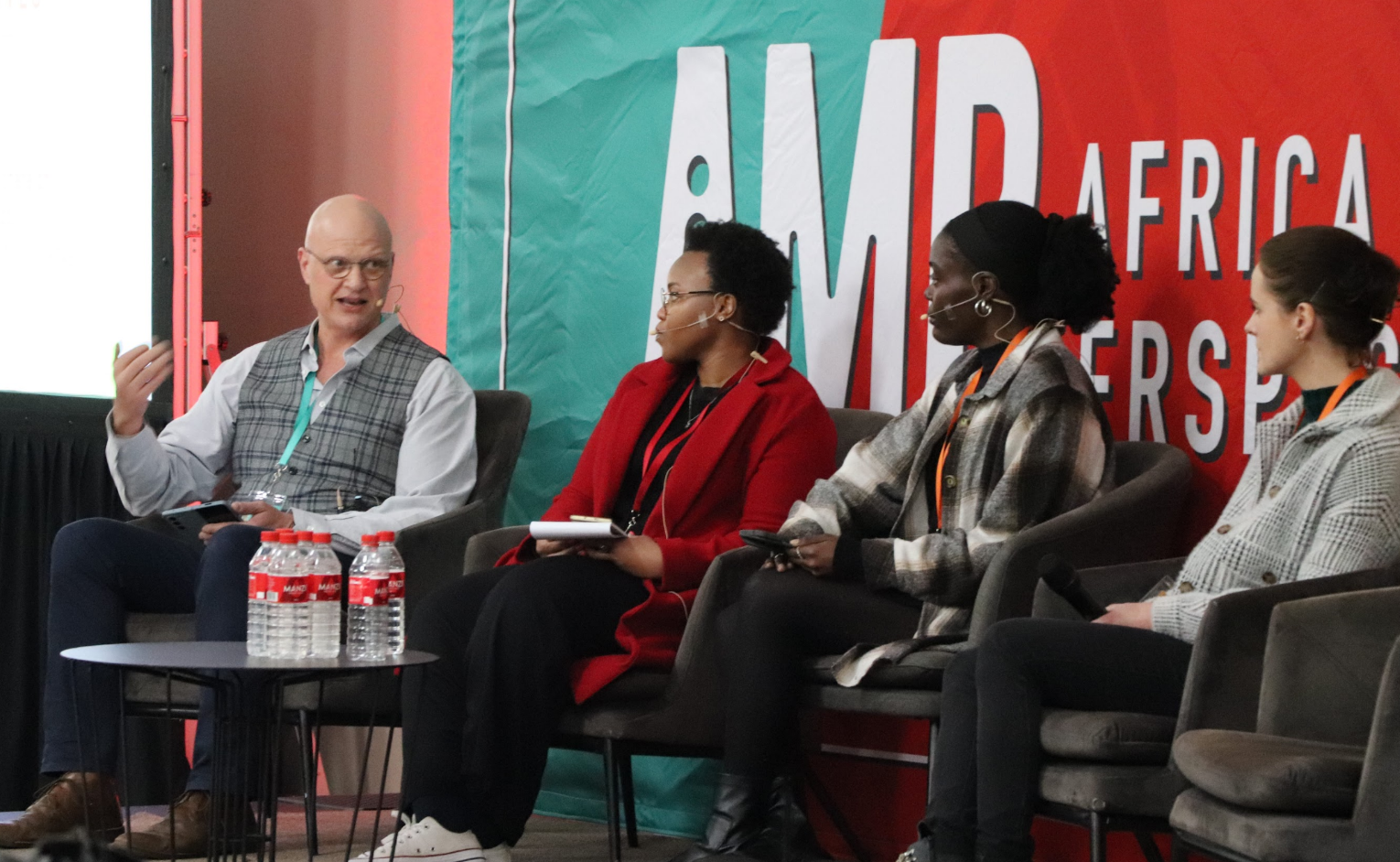As progress in vaccinating the world’s population against COVID-19 has gained momentum, we’ve seen false messaging and misinformation about vaccines also escalate in certain circles. We hosted a panel discussion on 30 September 2021 to help journalists understand how best they can report on controversial vaccine issues without amplifying those harmful narratives? One of the speakers was Dr Benjamin Kagina, a Senior Researcher in Vaccinology at Vaccines for Africa Initiative (VACFA), University of Cape Town (South Africa). Dr Kagina shed light on some of the common myths about the COVID-19 vaccine in Africa and provided context and evidence as to why these rumours are simply not true.
“The vaccine was developed too quickly”
Some of the major questions that audiences have had about the vaccine include “Is the vaccine safe” and “Will I die after getting the vaccine?”
To start, Dr Kagina shared that these types of questions should be raised by the public. Importantly, the responsibility lies with governments and health authorities to answer these questions clearly and with the right information so that everyone is empowered to make more informed decisions for themselves and their families.
The concerns that audiences have are often linked to suggestions that the COVID-19 vaccines are still experimental and that they have been developed in a very short space of time (<1 year) compared to other vaccines. While it is true that the vaccines were developed very quickly, there are several good reasons as to why it has been the case and this should not deter the public from getting vaccinated. Firstly, outside of pandemic times, new vaccines are always in development, but these do not garner the same kind of attention from politicians, the media or the public as it has with COVID-19. The strides taken in vaccine development in recent years has continued and even accelerated and these previous technological advancements have all sped up the process for developing and testing the COVID-19 vaccines. Secondly, the way we see how technology advances every year mirrors the advances made in our understanding of the immune system and ultimately in how we design more effective vaccines. The building blocks of previous research have all led to quicker development. Finally, we must not forget that given the pandemic nature of COVID-19, vast resources, including billions of dollars, were pooled together across the world to develop the COVID-19 vaccine. This shared resourcing also facilitated the quick vaccine development. All of these factors have meant that despite the scientific process being carried out relatively quickly, the process was still as robust and comprehensive as the development of any other vaccines.
“I don’t want to be a guinea pig”
In terms of testing, no short cuts were taken and clinical trials were carried out following the same critical processes established for other vaccines. Before the vaccine was rolled out to the general public, all the safety and manufacturing requirements were met by producers and there is substantial data and evidence to prove that each company had followed the strict protocols. Regardless of the speed with which COVID-19 vaccines were developed and deployed, all vaccines now being rolled out were developed with due process and received stringent approvals from established health authorities.
“mRNA vaccines change people’s DNA"
Another myth about the COVID-19 vaccine is that the new technology of the mRNA vaccine changes the DNA of those who receive it. Simply put, the way that the vaccine interacts with our cells does not and cannot affect our DNA. Inside the human cell, there is a nucleus which contains DNA. DNA, often called the blueprint of life, contains the instructions that an organism needs to develop, live and reproduce. Once the vaccine is administered and it enters the cell, it stays outside the nucleus in an area called cytoplasm. This is how the immune system cells interact with the vaccine to escalate the immune response which is what protects you from COVID-19. Therefore there is absolutely no interaction of the vaccine with our DNA and this myth is therefore scientifically and biologically unfounded.
Where to find reliable information about vaccines
One challenge that persists across the continent is the wide variety of sources that the public is exposed to and not all of them are accurate or reliable. These unreliable sources drive misinformation. These are several key trustworthy institutions that journalists should access and source when looking for accurate information about the COVID-19 pandemic. The Africa Centres for Disease Control (Africa-CDC) are at the forefront in terms of providing analysis on key issues that need to be addressed and to support the continent in responding to the pandemic. Similarly, the World Health Organisation (WHO) has also created a resource page around data about COVID-19. Lastly, if you need more local information, you can trust the government department of health, depending on the country.


-p-1080.jpg)
.JPG)



.png)

